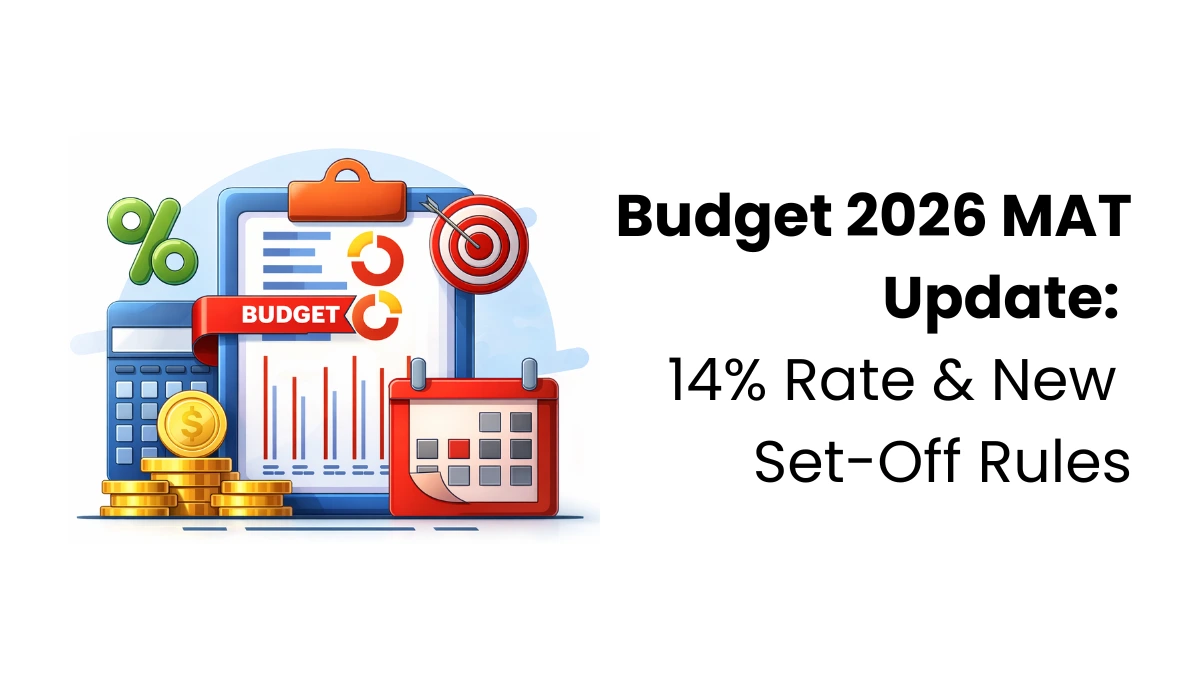Who do you picture as the first visitor to your website? Many people think it’s a potential customer interested in your products or services. However, the actual first visitor is a search engine crawler. Make sure search engines can find your web pages or your SEO efforts will be in vain. To help search engines locate your site, you must improve their ability to navigate and index your pages with crawlability and indexability. While keywords and content are essential for SEO, other critical factors must be considered.
Steps to Boost the Crawlability and Indexability
Let’s read the top 10 steps for improving website indexability.
Improve Page Loading Speed
Your web pages need to load quickly for search engine spiders. If your site is too slow, they might not fully explore or index your content. You may utilize tools like Google Search Console to check your site’s speed and fix any issues. This might involve upgrading your server, enabling compression, reducing the size of your CSS, JavaScript, and HTML files, and minimizing unnecessary redirects.
Strengthen Internal Link Structure
A strong internal link structure is crucial for SEO. Internal links allow both users and search engines to index your main pages. It’s important to ensure that your website’s crawl ability and indexability are logically organized, avoid having pages with no links (orphaned pages), and regularly check for broken links that lead to 404 errors.
Share Your Sitemap with Google
Sharing your sitemap through Google Search Console helps Google discover all your pages more quickly. This is especially useful for large sites with frequently updated content or weak internal links. A sitemap acts as a guide for search engines, providing direct access to every page.

Review Your Robots.txt File
The robots.txt file in your website’s leading directory guides search engine crawlers on how to explore your site. Ensure you’re not accidentally blocking important pages. Common errors include:
- Incorrect use of wildcards.
- Blocking critical scripts or stylesheets.
- Forgetting to include a link to your sitemap.
Fix Low-Quality or Duplicate Content
Low-quality or duplicate content can make it harder for your site to be indexed appropriately. Ensure your crawl ability and indexability of content are unique, high-quality, and useful to users. Use tools to find and correct duplicate content, unnecessary elements, and pagination problems.
Remove Redirect Chains and Loops
Redirects are sometimes necessary, but if not handled well, they can create chains or loops that can hurt your site’s indexing. Use tools like Screaming Frog to spot and fix these redirect issues, ensuring a clear, direct path to your pages.
Fix Broken Links
Broken links can make it tougher for search engines to crawl your site and can annoy users. Regularly check for broken links with tools like Google Search Console or Screaming Frog. You can update, remove, or redirect these links to the correct pages.
Try IndexNow
IndexNow is a new tool that lets you submit URLs to multiple search engines through an API. It allows search engines a clear path to your content, reducing the need to frequently recheck your sitemap. Setting up IndexNow is simple and can greatly improve how easily your site gets crawled and indexed.
Review Your Canonical Tags
Canonical tags help combine signals from different URLs into one main URL, preventing duplicate or outdated pages from being indexed. Regularly check for incorrect canonical tags that might be pointing to non-existent pages. If your crawlability and indexability site serves international audiences, make sure you have the right canonical tags for each language version. Taking a digital marketing certification course online helps you to learn more about these steps.
Conduct a Site Audit
Regular site audits are crucial for checking how many of your pages Google has indexed. Use tools like Google Search Console’s Index Coverage report and URL Inspection Tool to find and fix indexing problems. An audit can also reveal other SEO issues, helping you fine-tune your strategy.
Crawlability and indexability are important for your site’s search rankings. Regularly check for any problems that might stop search engine bots from finding and indexing your pages. Following these ten steps will increase your site’s visibility and make it best for search engines to rank your content.
Join a digital marketing course to learn more about improving your website. Finprov’s digital marketing course in Kochi provides an in-depth understanding of digital marketing. Our program covers essential strategies for growing businesses, including Google tools, ad platforms, marketing techniques, and AI tools.
We focus on both theory and hands-on practice to confirm you can apply your skills effectively. This approach not only enhances business outcomes but also opens up job opportunities. Additionally, we offer 24/7 mentorship support to answer any questions. Upon completing the course, you’ll receive a digital marketing meta certification, which can boost your chances of landing top jobs in the field.










